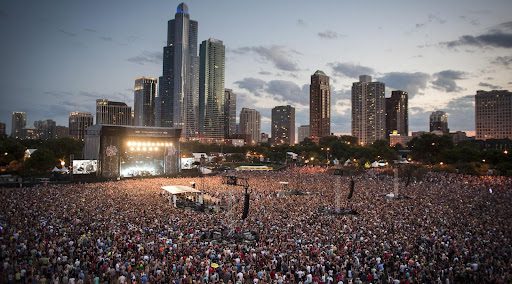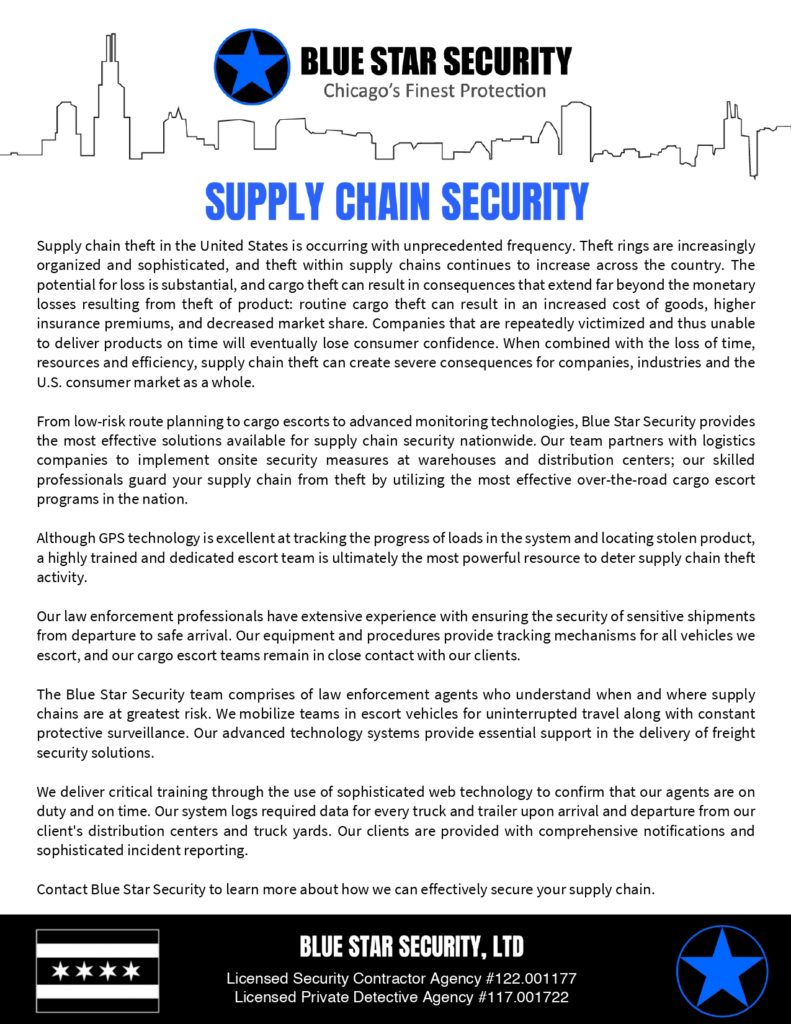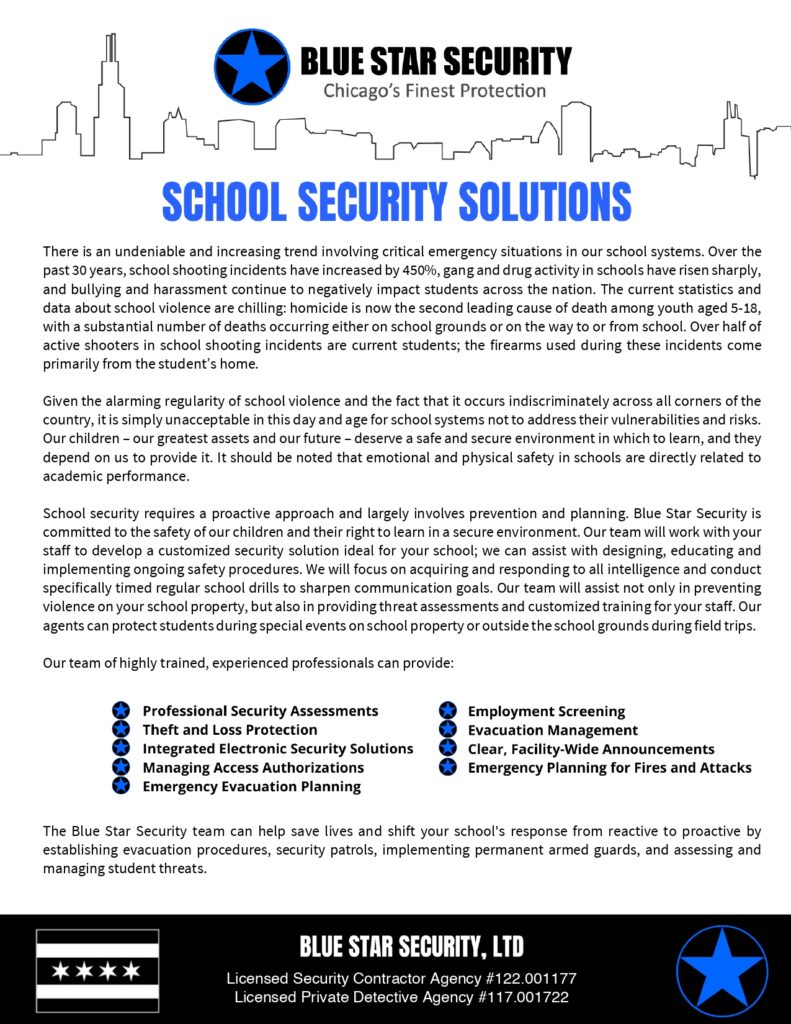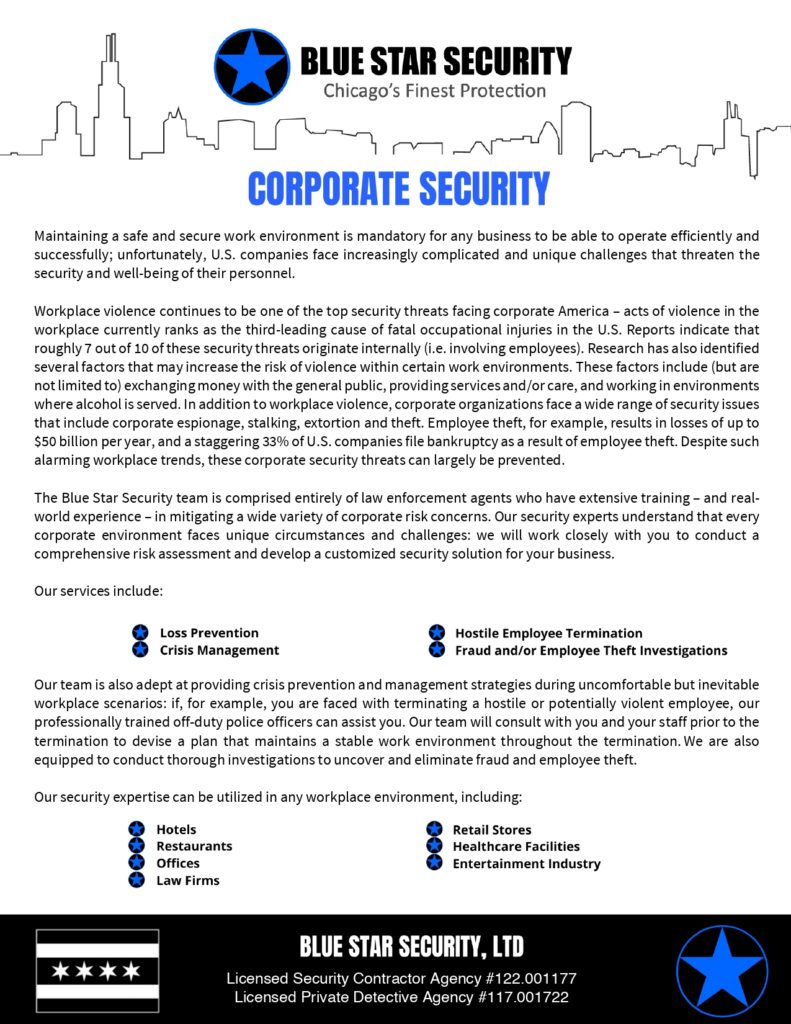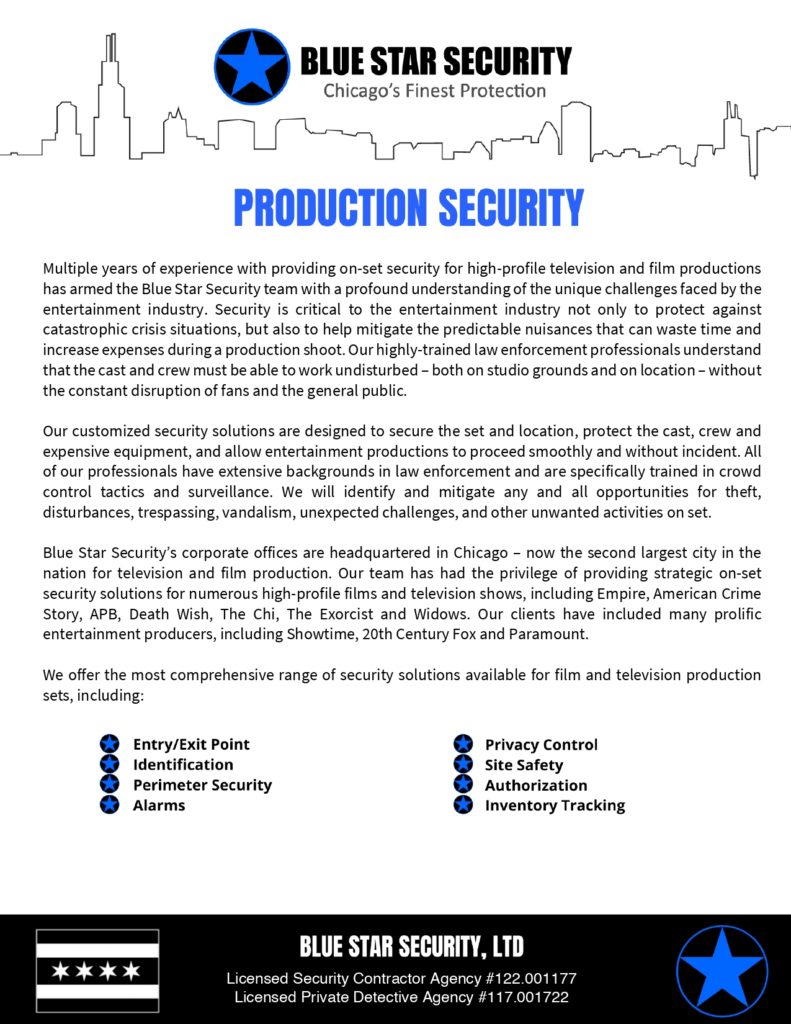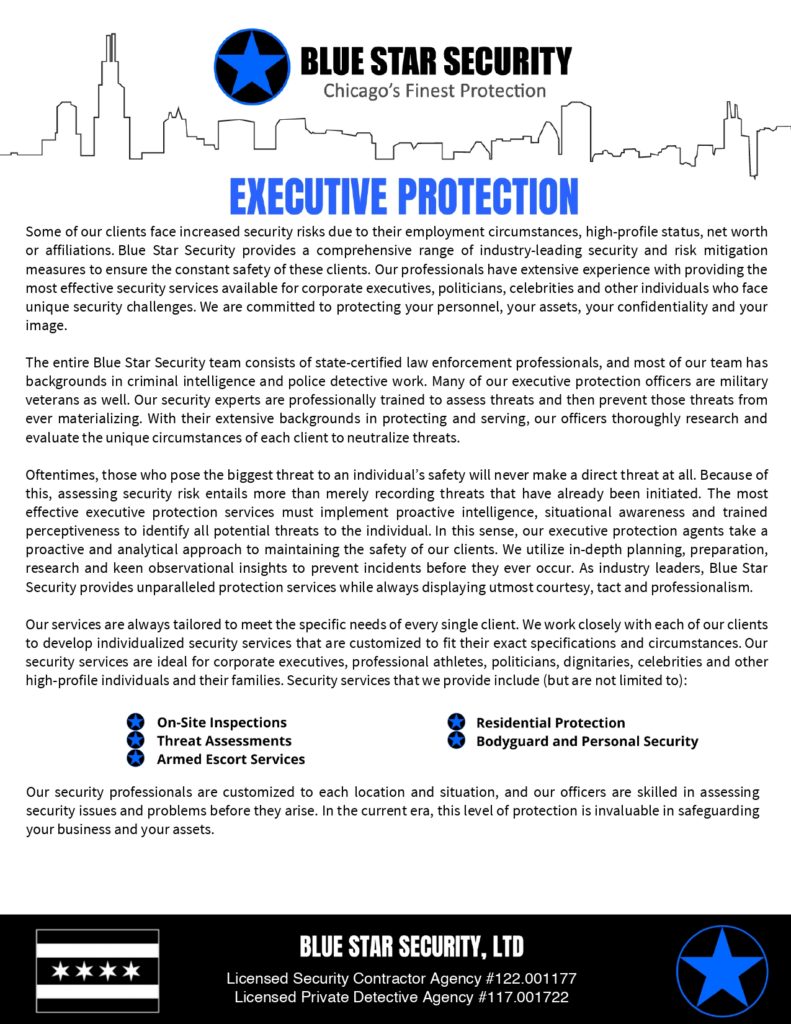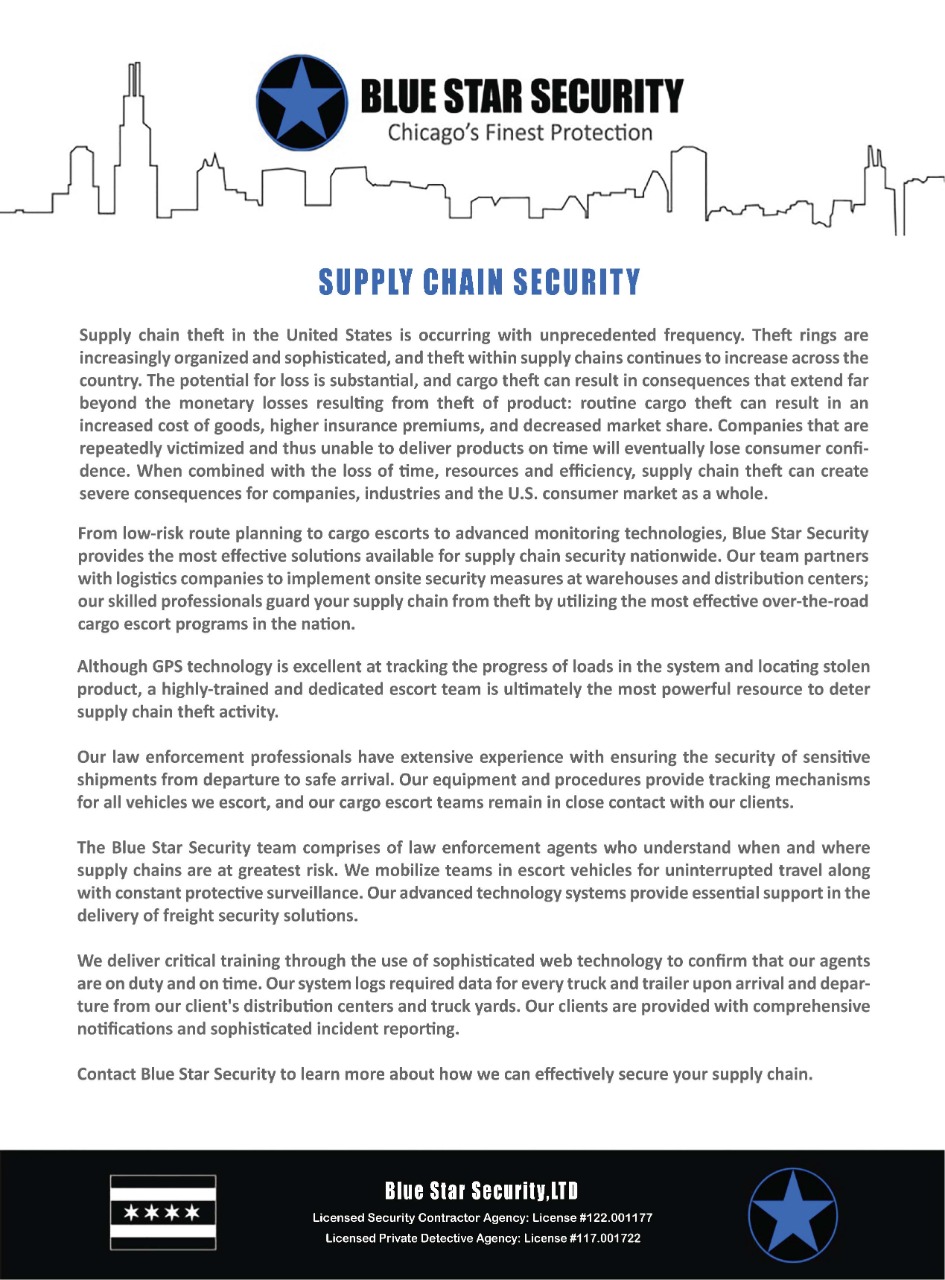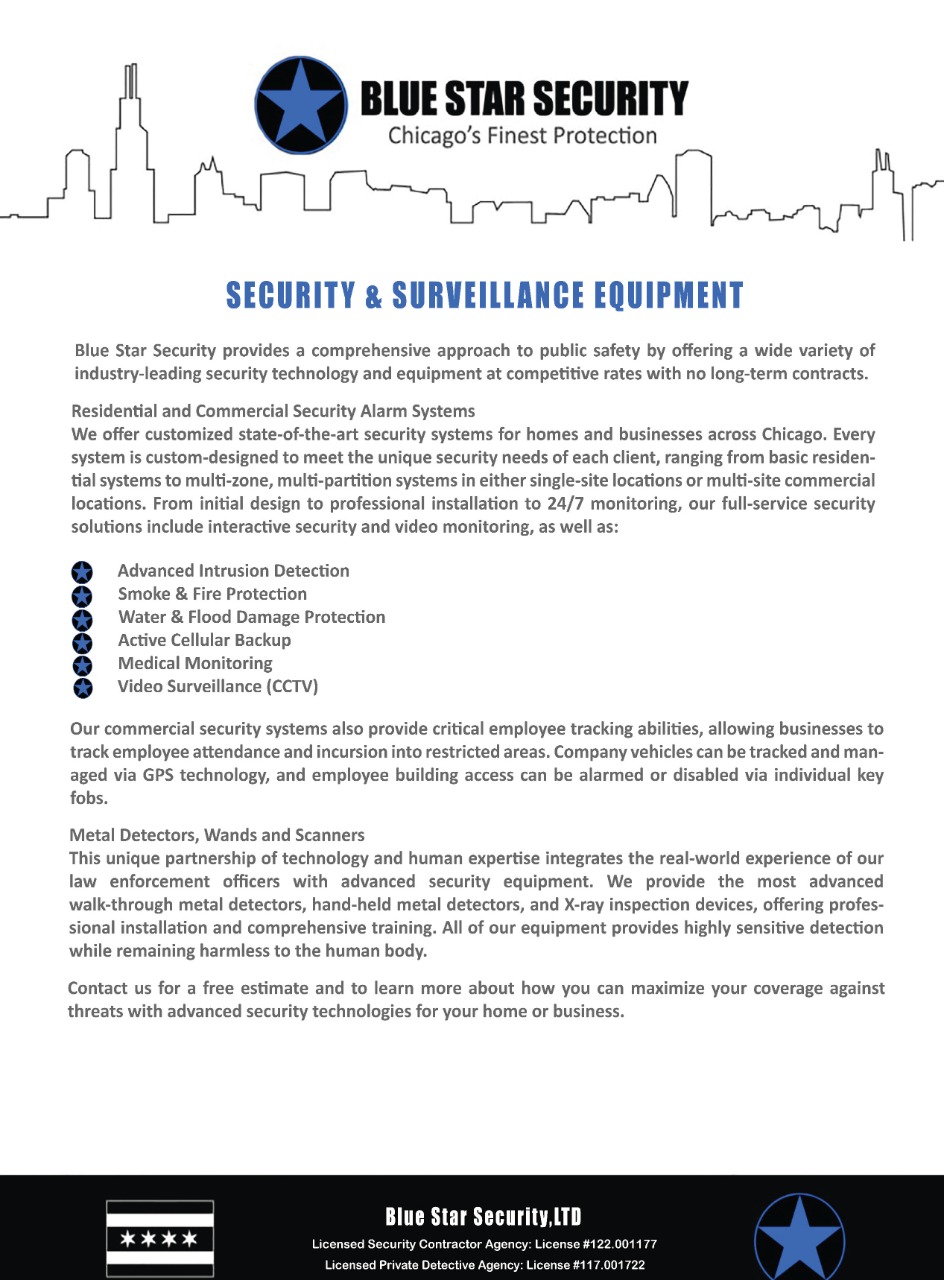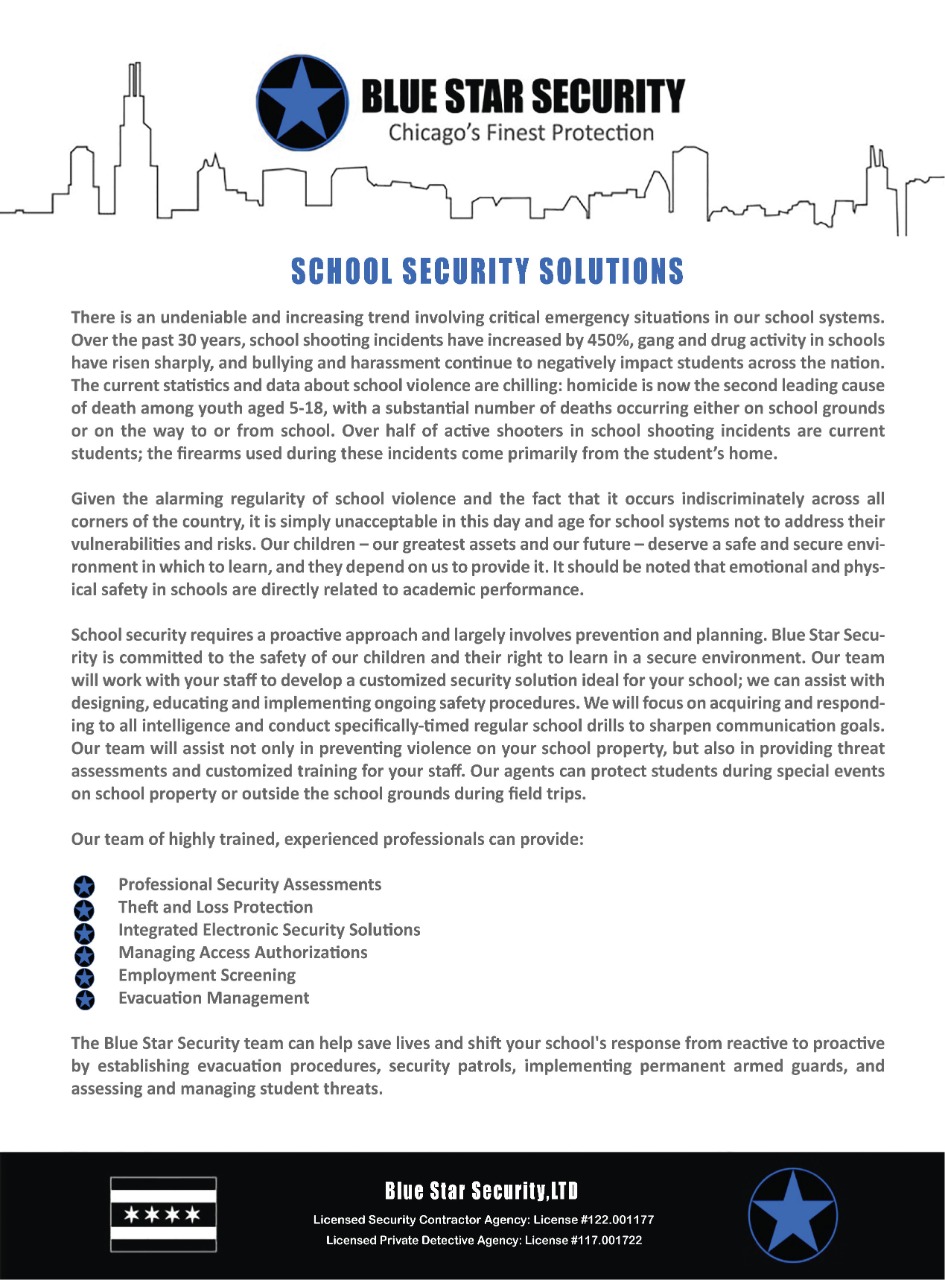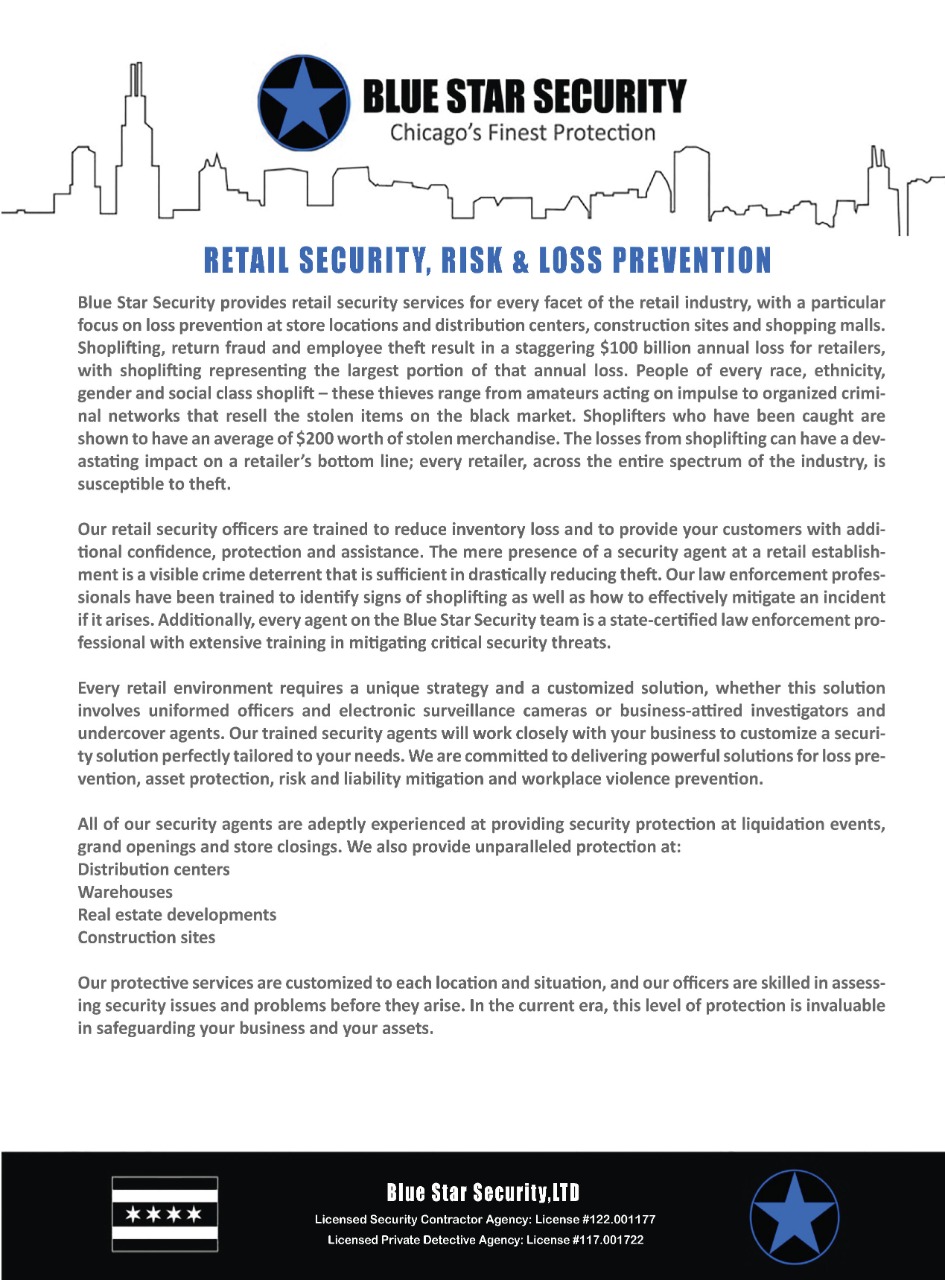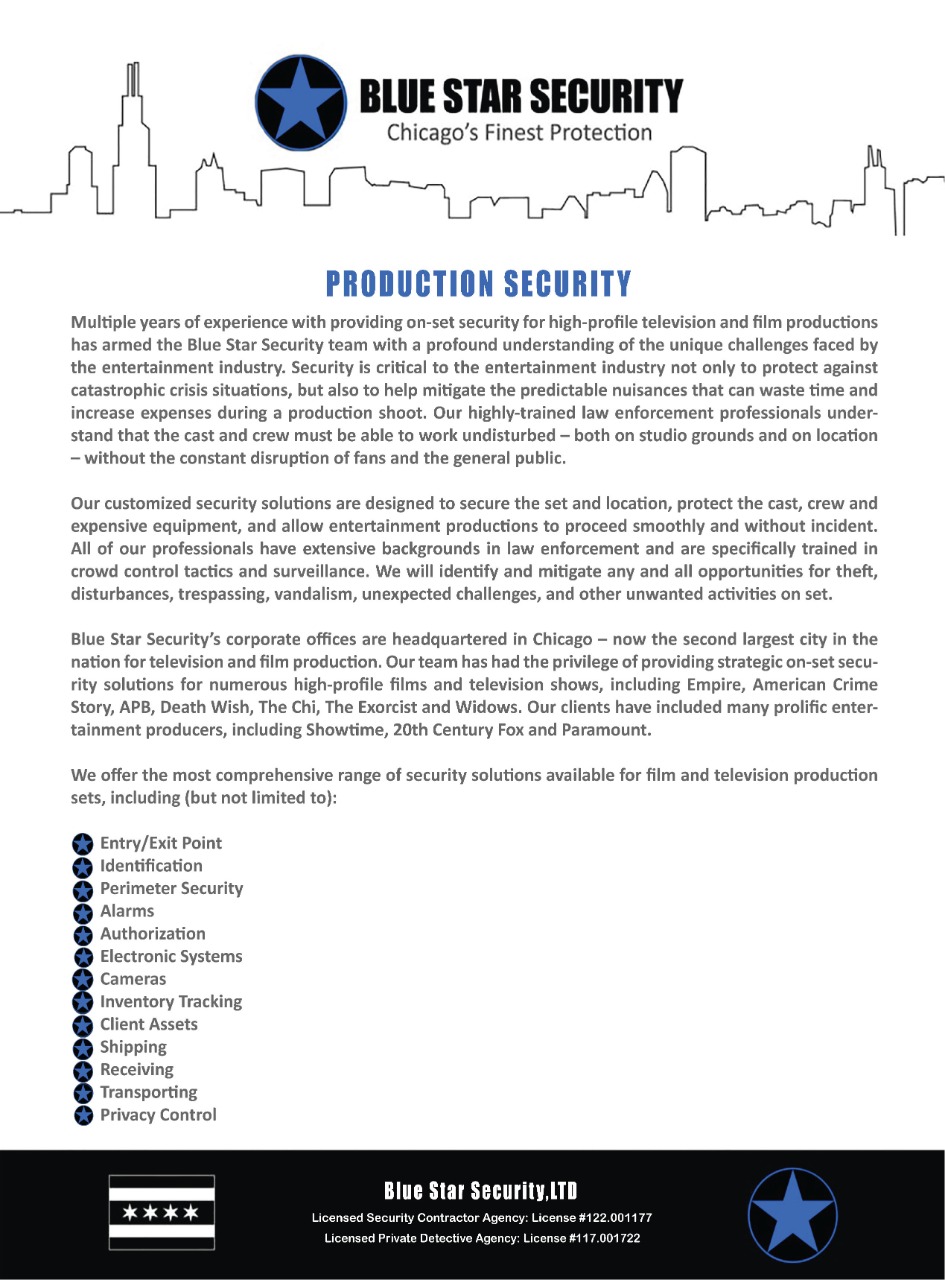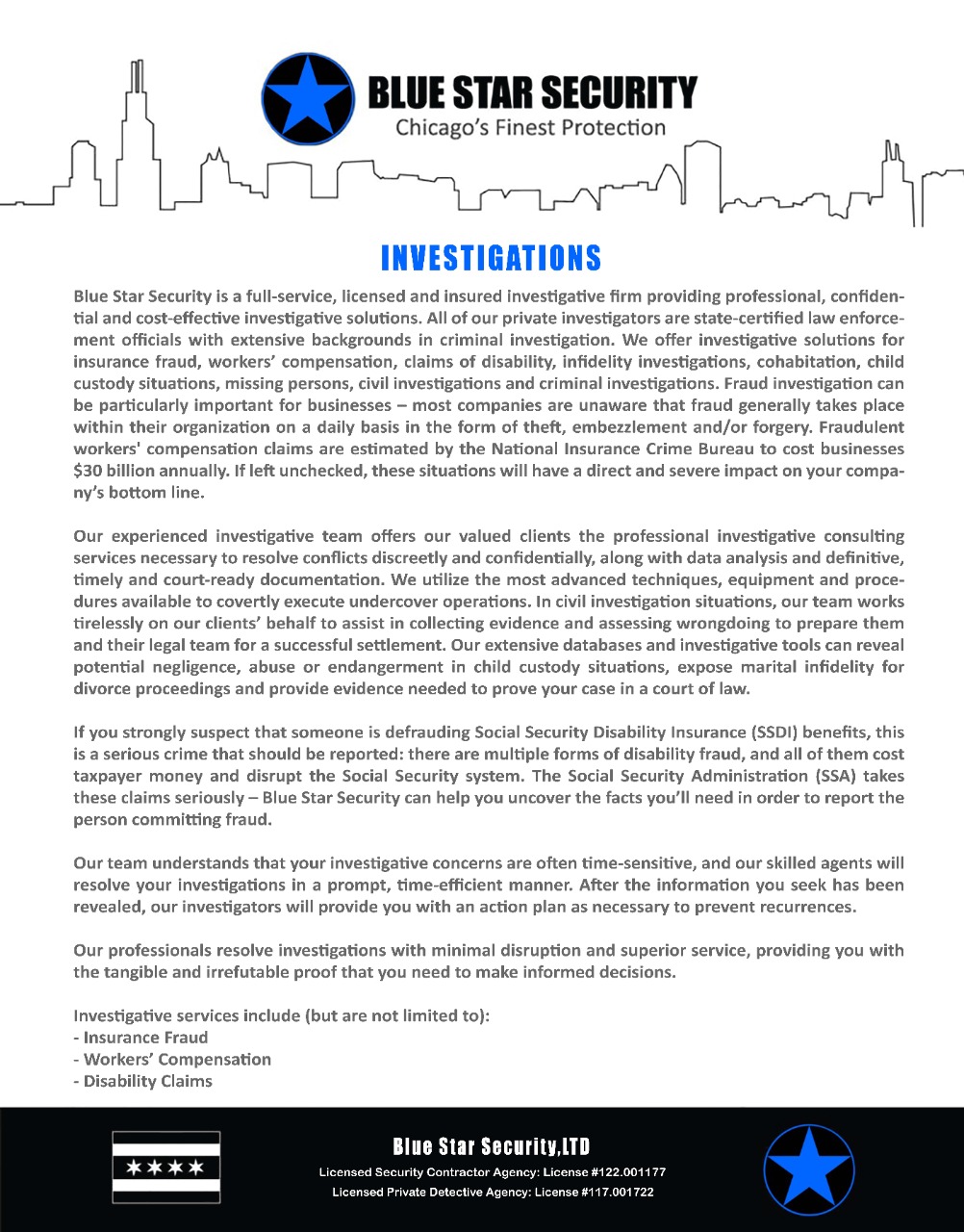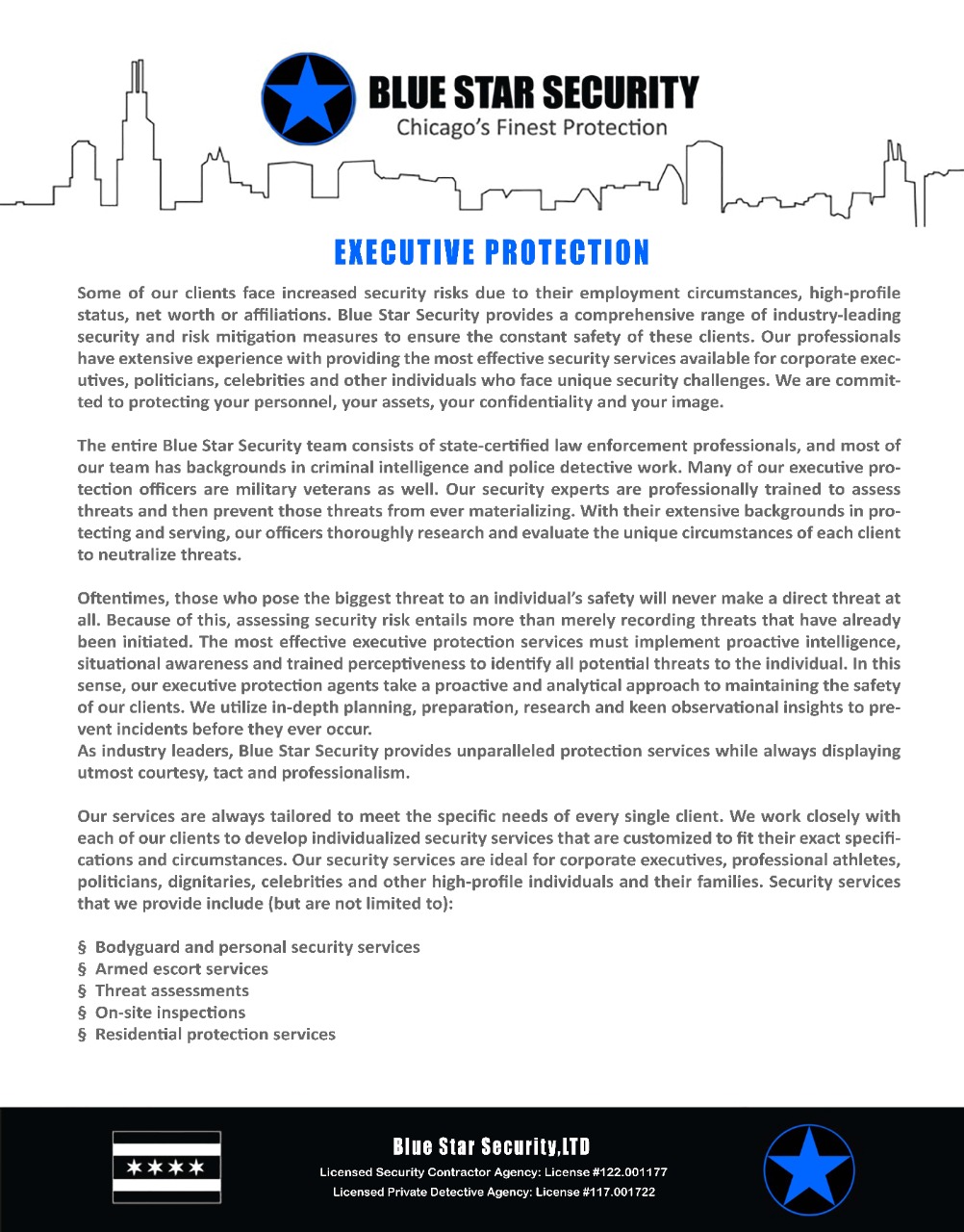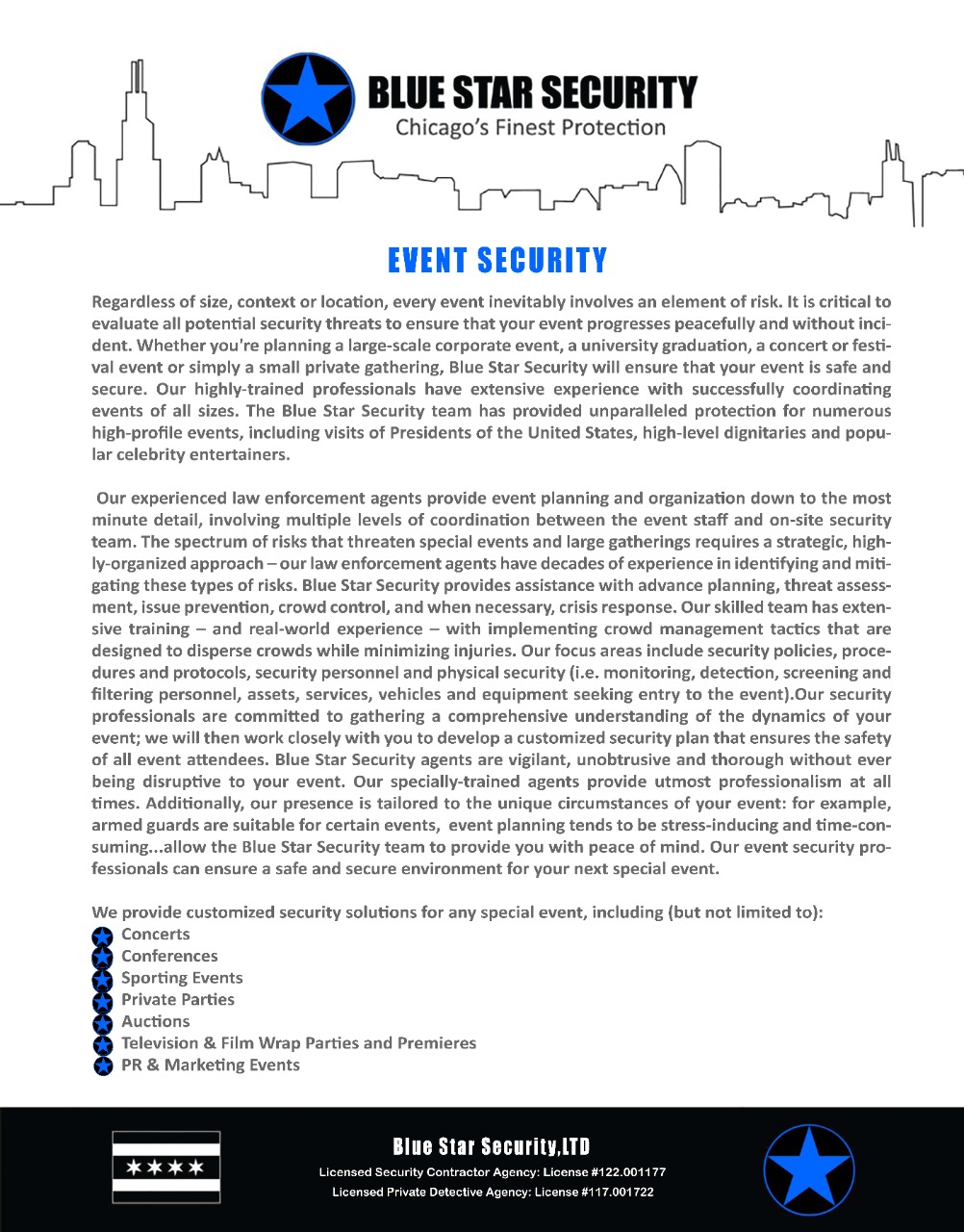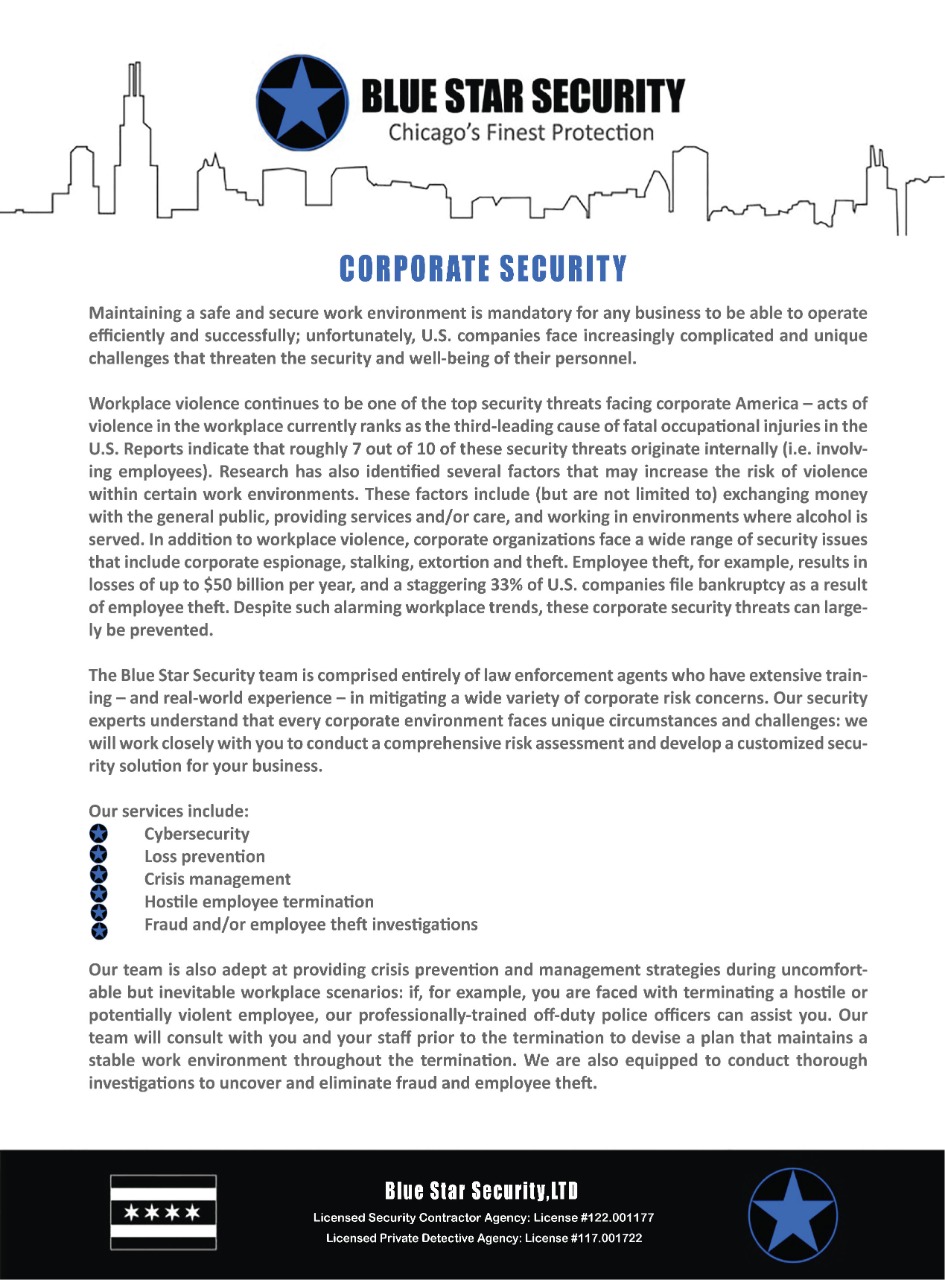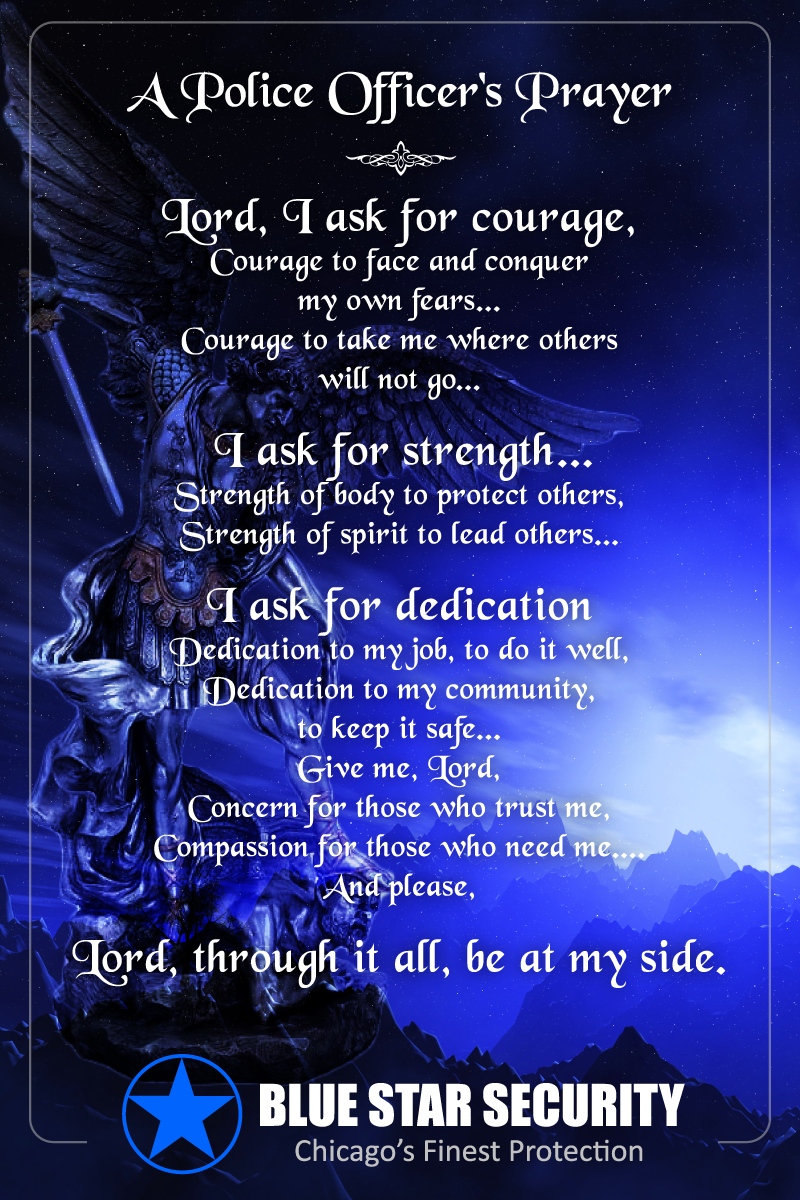Planning and executing successful events requires meticulous attention to detail, and one crucial aspect that should never be overlooked is emergency preparedness. In this comprehensive guide, Blue Star Security delves into the critical components of creating a robust emergency preparedness plan for events. Whether you’re an event planner or part of a security team, understanding and implementing these strategies is key to ensuring the safety and well-being of all attendees.
The Importance of Emergency Preparedness
In the realm of event management, the stakes are high. Beyond the logistics and coordination, the safety and security of everyone involved are non-negotiable priorities. Emergency preparedness is paramount for event planners as it serves as the bedrock for ensuring the safety and well-being of attendees during any unforeseen circumstances.
The unpredictable nature of events, ranging from medical emergencies to security incidents or natural disasters, underscores the need for meticulous planning and readiness. Event planners must recognize the significance of conducting thorough risk assessments and developing comprehensive emergency response plans tailored to the specific dynamics of each event. By investing time and resources into emergency preparedness, planners not only prioritize the safety of attendees but also fortify the reputation of their events as professionally managed and secure.
Moreover, a proactive approach to emergency preparedness enhances the resilience of event planners in the face of unexpected challenges. Being well-prepared allows planners to navigate crises with confidence and efficiency, minimizing potential disruptions to the event. It instills a sense of trust among stakeholders, including attendees, sponsors, and partners, who can rest assured that their safety is a top priority.
Understanding the Landscape
The first step in effective emergency preparedness is gaining a thorough understanding of the event’s landscape. Planners and security teams must collaborate closely to analyze the venue, potential risks, and the expected number of attendees. This initial assessment forms the foundation for developing a robust emergency response plan.
Assessing Risks and Vulnerabilities
Before diving into the intricacies of emergency preparedness, a comprehensive risk assessment is paramount. Conducting a comprehensive risk assessment is crucial for identifying potential hazards and vulnerabilities. Consider factors such as the type of event, location, weather conditions, and the profile of attendees. A thorough risk analysis enables security teams to tailor their strategies to specific threats, ensuring a more targeted and effective response.
Communication and Collaboration
Effective communication is paramount during emergencies. Planners and security teams must establish clear lines of communication and collaboration. Develop a communication plan that includes primary and alternative methods of contact. Establish protocols for disseminating critical information to event staff, emergency services, and attendees.
Developing a Robust Emergency Response Plan
A well-defined emergency response plan serves as the backbone of any event’s security infrastructure. Clear communication protocols, evacuation plans, and designated emergency response teams are fundamental components of this plan. Internal communication within the security team must be streamlined, and external communication strategies should be established for seamless coordination with attendees, vendors, and local authorities.
Utilizing Technology for Enhanced Preparedness
In the modern age, technology plays a pivotal role in bolstering emergency preparedness. Advanced security systems, including surveillance technology and access control systems, provide an extra layer of protection. Mobile applications tailored for emergency communication, coupled with notification systems, enhance the ability to disseminate real-time information during critical situations.
Training and Drills: The Key to Effective Preparedness
The importance of regular training sessions and drills cannot be overstated. Simulating emergency scenarios helps security personnel familiarize themselves with potential crises and ensures a swift and coordinated response. Continuous improvement through post-event debriefs and protocol updates is essential for staying ahead of emerging threats.
Addressing Health and Medical Emergencies
Medical emergencies are an ever-present concern at events. Establishing on-site medical support, including medical stations and coordination with local hospitals, is vital. This is especially pertinent in the context of pandemics and health crises, where contingency plans and health screening measures should be integrated into the overall emergency preparedness strategy. Implementing a comprehensive medical preparedness plan involves having qualified medical personnel on-site, well-equipped first aid stations, and a clear process for summoning additional medical assistance if needed. Planners should also consider the accessibility of medical facilities in the vicinity.
Establishing Evacuation Protocols
Establishing clear evacuation protocols is critical for ensuring the swift and orderly movement of attendees in case of an emergency. Designate evacuation routes, assembly points, and consider the special needs of diverse attendee groups. Regularly review and update these protocols to align with changing circumstances.
Continuous Improvement and Adaptability
Emergency preparedness is not a one-time endeavor but a continuous commitment to improvement. Post-event analysis, regular training updates, and staying abreast of industry standards contribute to ongoing adaptability. This ensures that event planners and security teams are not only prepared for known threats but also agile in responding to emerging risks.
Insufficient security planning can result in serious risks such as injuries and loss of life, property damage, higher insurance premiums from claims and lawsuits, increased operating costs or loss of revenue, major event disruptions, reputational damage, and problems for future events.
At Blue Star Security, we understand that ensuring the safety of event attendees is of utmost importance. Our team of security professionals is dedicated to gathering a comprehensive understanding of your event’s dynamics and working closely with you to create a customized security plan. We take pride in being vigilant, thorough, and unobtrusive. Our security strategy is customized to the unique circumstances of your event, aiming to ensure a smooth and safe experience without any disruptions.
Recognizing the stress and time constraints associated with event planning, we strive to provide you with peace of mind. Our event security professionals are dedicated to establishing a safe and secure environment for your upcoming special event, allowing you to concentrate on other crucial aspects of event planning.
Contact the Blue Star Security team to discuss a customized plan for the security of your next event: call us at 708-669-7470 or contact us online at https://bluestarsecurityllc.com/contact-us
To learn more about our Event Security services, visit https://bluestarsecurityllc.com/services/event-security

